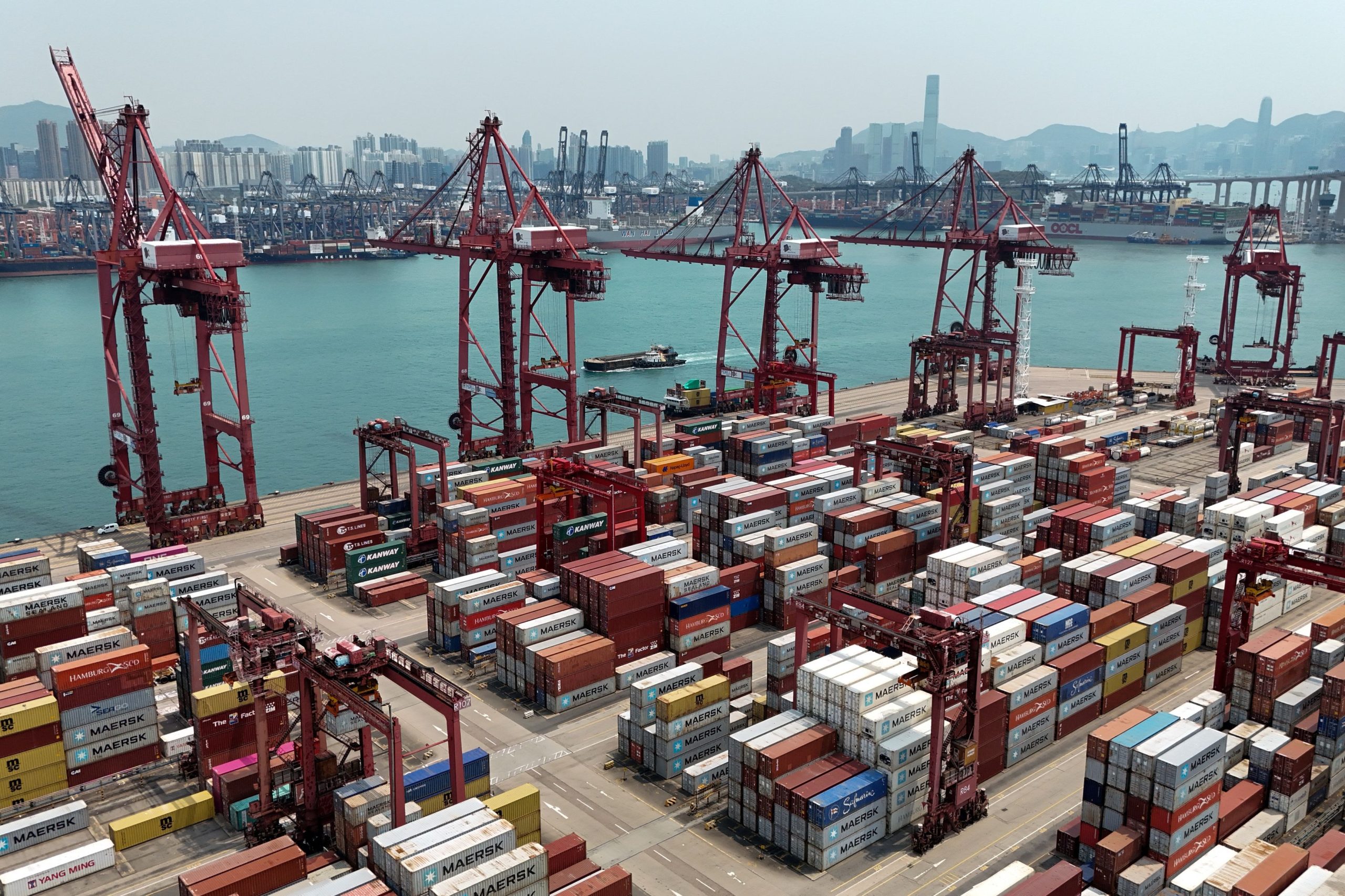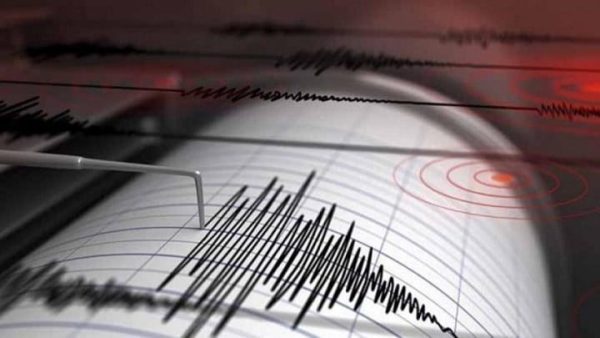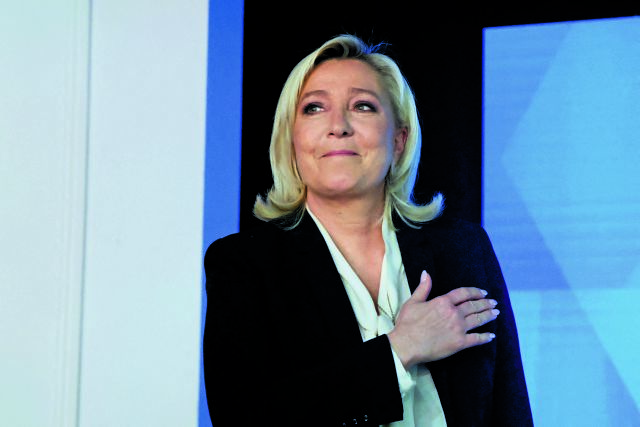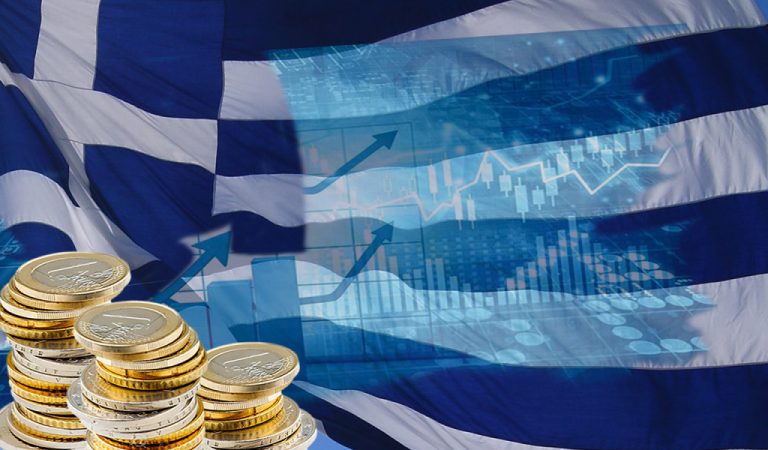An interruption in most rail traffic in Greece in the wake of last Tuesday’s deadly train collision in at the Tempi site has caused an extensive cargo container buildup at the country’s main port of Piraeus.
Alternative plans to alleviate the “bottleneck” include, among others, using smaller container ships to get goods destined for central Europe transported to at least the upper Adriatic port of Koper, in Slovenia.
Efforts to remove the crashed locomotives and train carriages while at the same time carefully examining the wreckage for human remains are continuing and close to completion, with repairs on the specific stretch of the main north-south rail axis now pending.
At the same time, industrial actions by unions representing all sectors of railways employees in the country are continuing, another factor that transporters must calculate.
Using a southeast Europe rail corridor – Greece-Serbia-Hungary-Czech Republic – has loomed as an attractive and cost-effective route for getting cargo and shipments to central and western Europe over recent years. The specific route, despite the evidently antiquated state of Greece’s rail network, reduces transport time by as much as seven days, compared to maritime destinations of Rotterdam, Hamburg or Antwerp, for instance.
Along those lines, Chinese multinational Cosco, which manages the port of Piraeus and holds the long-term concession and majority of shares of the Piraeus Port Authority, recently acquired a majority stake in the rail freight transporter Piraeus Europe Asia Rail Logistics (PEARL) through a subsidiary.
PEARL ran roughly 1,400 train routes in 2021 and 1,297 in 2020, transporting 102,700 and 92,200 containers, respectively.
Although only about 100,000 containers, out of the 5.3 million arriving at Piraeus in 2021, were later transported via rail, the figure was increasing.
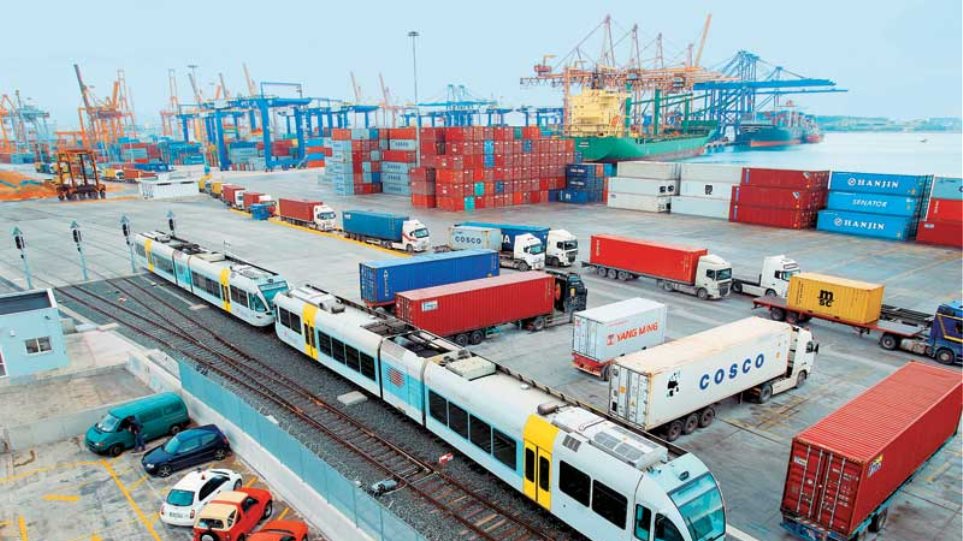
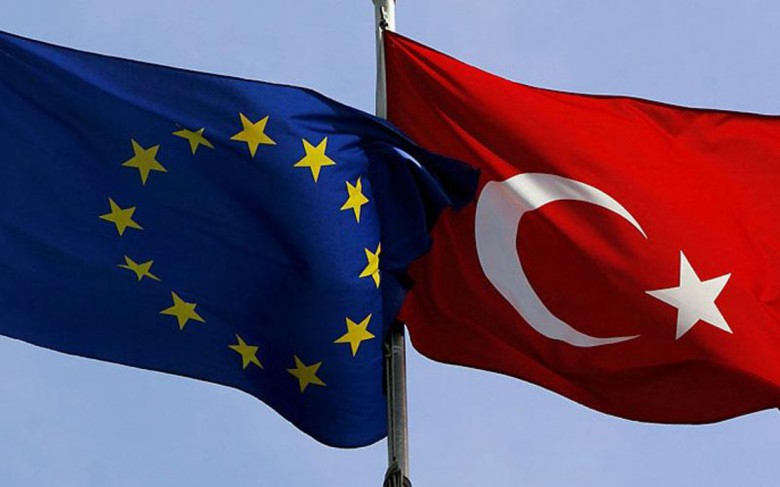
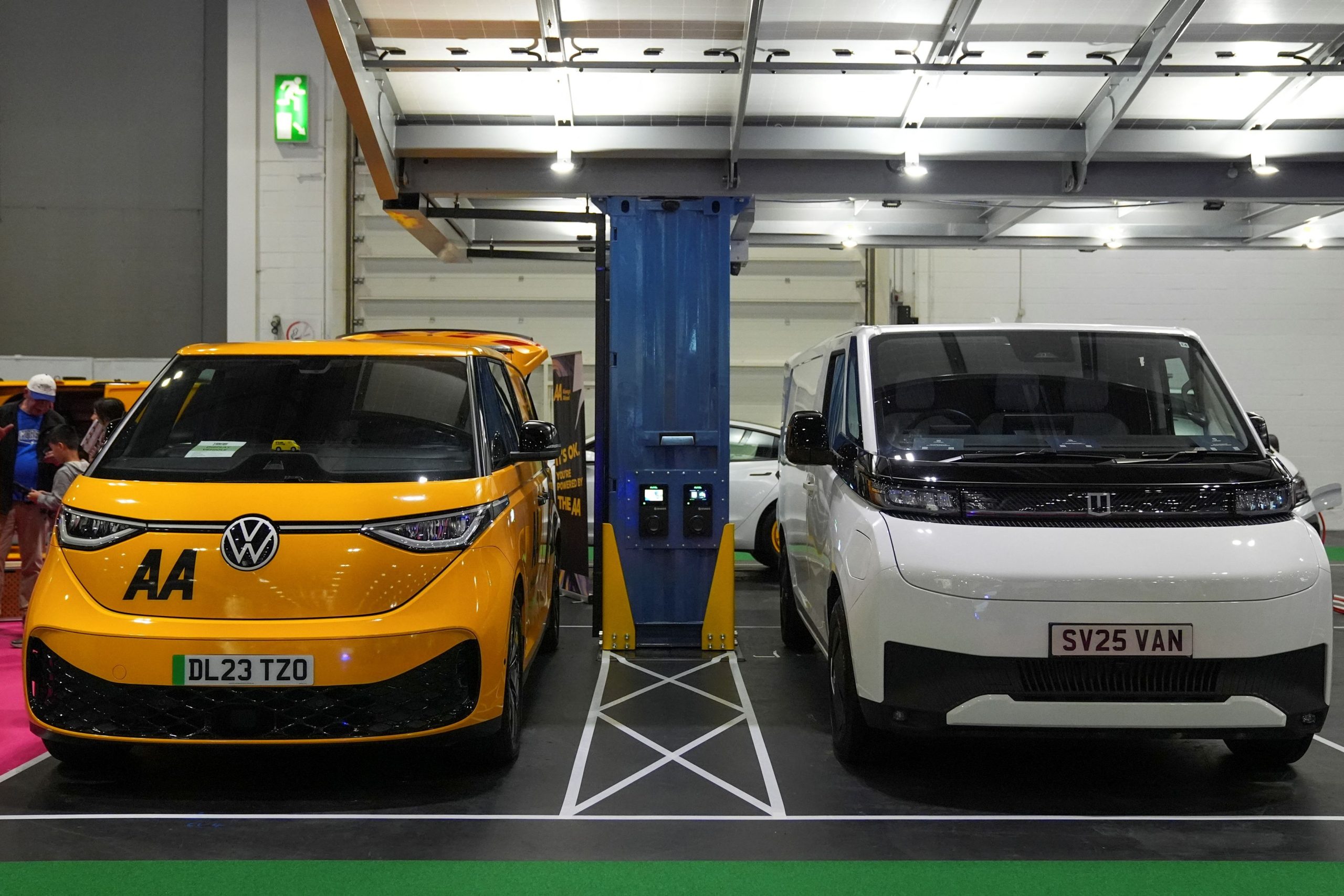

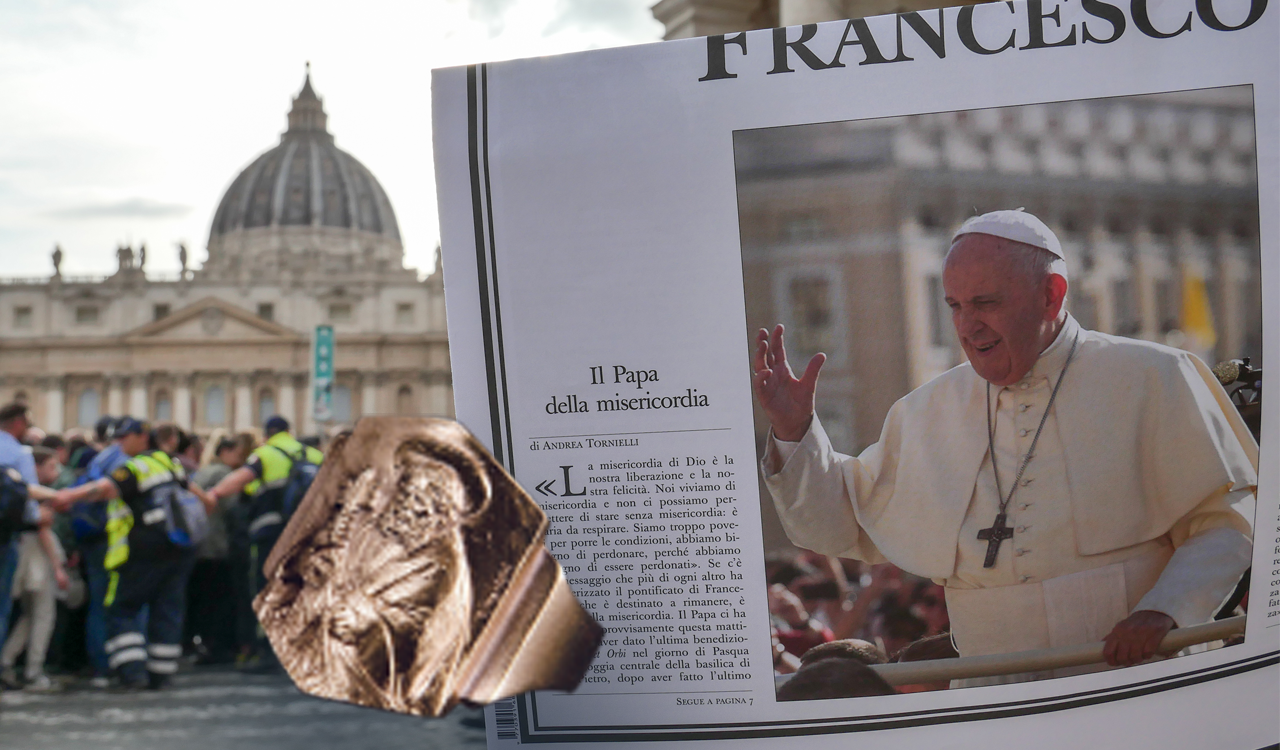



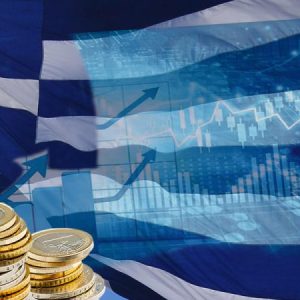


![Οι αλλαγές που υπάρχουν στα φορολογικά έντυπα για τα εισοδήματα του φορολογικού έτους 2024 από ακίνητα [Γ’ Μέρος]](https://www.ot.gr/wp-content/uploads/2025/03/akinita.jpeg)

